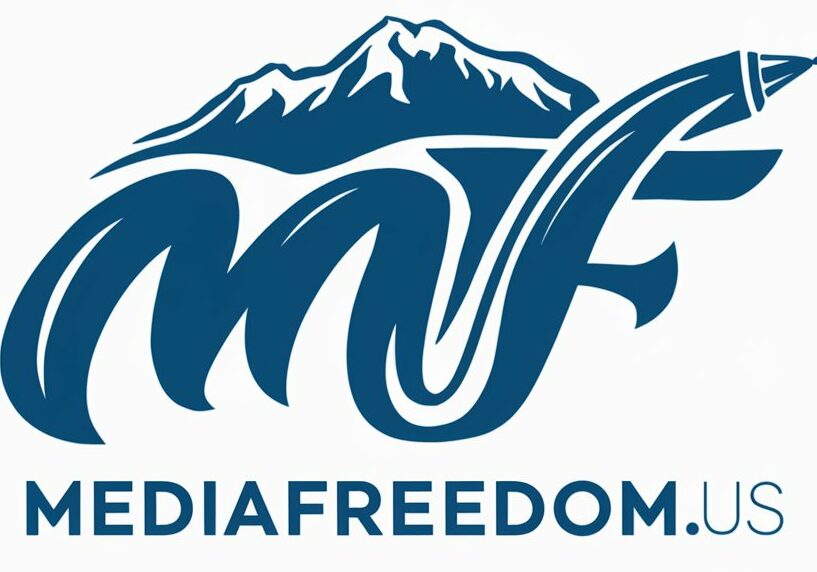Not many people have ever heard of WikiLeaks. Julian Assange is probably now discussing Amish groups. It is hard to imagine another organization that has so completely divided the world. People love it or hate it, and they change loyalty in the blink of an eye, or, so to speak, an international bomb.
The Association for Progressive Communications (APC) is a non-profit organization that truly believes in the importance of an open and transparent Internet. He regrets the level of criticism and resentment directed against WikiLeaks and its founder, who are currently in a legal predicament. The APC is concerned not only about the reaction of global governments, but also about the reaction of private companies such as Amazon and PayPal, which severed all ties with WikiLeaks and deprived it of the opportunity to work and raise funds.

APC believes that WikiLeaks (and other like-minded sites) play an important role in the fight against international corruption and censorship.
However, it is also called a counter-revolutionary. It was suggested that instead of posting information at the request of the website, it could take the information even further underground, returning espionage tactics to the Cold War era.
It was also suggested that by disclosing information, the website could put whistleblowers at risk. However, Wikileaks argues that the policy of anonymity is valid.
Freedom of the media is a vague subject that can be interpreted. Wikileaks strongly supports its disclosure policy to make governments accountable and transparent, as well as to keep people informed. And the discussion continues.
